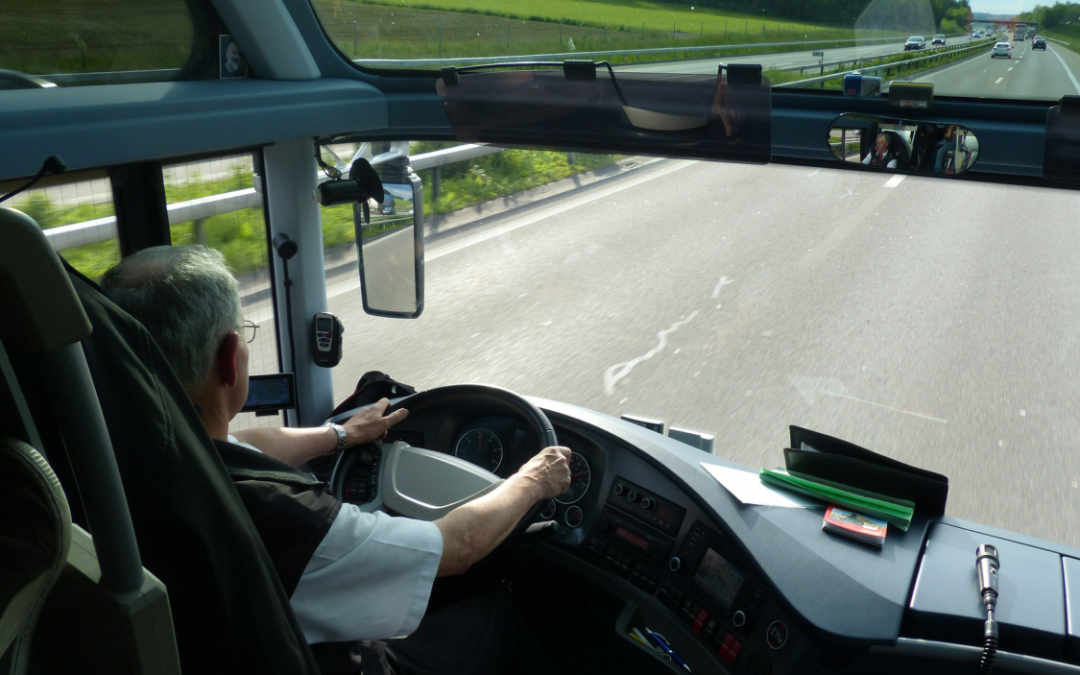Live in the Netherlands and speak English? Explore bus driving work opportunities near you.
If you're living in the Netherlands and speak English, working as a bus driver could offer structure, stability, and community interaction. Transport services often seek responsible drivers for city routes, school transport, and regional travel. Discover what roles are available, understand the licensing requirements, and see how your experience could fit into this essential service sector.

What licenses and certifications do you need to drive buses in the Netherlands?
To become a bus driver in the Netherlands, you’ll need several qualifications. The basic requirement is a Category D driving license, which allows you to operate vehicles designed to carry more than 8 passengers. You must also obtain a Certificate of Professional Competence (CPC) for passenger transport. Additional requirements include:
-
Minimum age of 21 years
-
Valid residence and work permit for the Netherlands
-
Clean driving record
-
Medical certification of fitness to drive
-
Code 95 qualification (mandatory professional competence certificate)
What are the daily responsibilities of a bus driver in the Netherlands?
Bus drivers in the Netherlands manage various essential tasks throughout their shifts. These include:
-
Conducting pre-trip vehicle safety inspections
-
Following prescribed routes and maintaining schedules
-
Collecting fares and checking travel passes
-
Ensuring passenger safety and comfort
-
Assisting passengers with mobility issues or special needs
-
Maintaining communication with dispatch
-
Completing required documentation and reports
-
Monitoring weather and traffic conditions
Why do transport companies value English-speaking drivers?
English-speaking drivers are increasingly valuable to Dutch transport companies for several reasons:
-
Growing international tourism requiring English communication
-
Diverse expat communities in major cities
-
International business travelers using public transport
-
Enhanced customer service capabilities
-
Ability to handle emergency situations with non-Dutch speakers
-
Increased operational flexibility for various routes
What are typical work schedules and routes for bus drivers?
Bus driving positions offer various schedule options:
-
Early morning shifts (starting around 5:00 AM)
-
Day shifts (typically 8-hour blocks)
-
Evening shifts (until midnight or later)
-
Weekend rotations
-
Split shifts during peak hours
Routes can include:
-
City center circuits
-
Suburban connections
-
Airport transfers
-
Tourist services
-
School transport
-
Regional intercity lines
What career growth opportunities exist in Dutch transport services?
The transport sector offers numerous advancement possibilities:
-
Senior driver positions
-
Route planning specialists
-
Driver trainers and instructors
-
Transport coordinators
-
Operations supervisors
-
Safety officers
-
Schedule planners
What are the typical salary ranges and benefits for bus drivers?
| Experience Level | Monthly Salary Range (Gross) | Additional Benefits |
|---|---|---|
| Entry Level | €2,300 - €2,800 | Holiday allowance, pension plan |
| Experienced | €2,800 - €3,500 | Extra shift bonuses, healthcare |
| Senior | €3,500 - €4,200 | Additional vacation days, training |
Prices, rates, or cost estimates mentioned in this article are based on the latest available information but may change over time. Independent research is advised before making financial decisions.
Working as a bus driver in the Netherlands combines stable employment with opportunities for growth. Most transport companies provide comprehensive training programs, making it accessible for those new to the profession. With the right qualifications and commitment to professional development, you can build a lasting career in Dutch public transport while serving diverse communities across the country.




